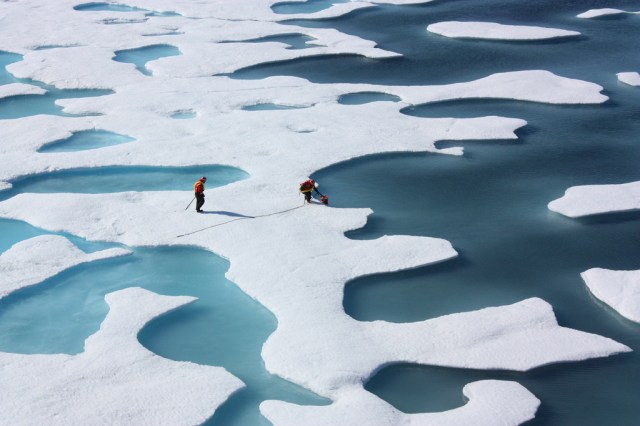More New Zealanders believe in climate change says a new study, but statistics show little is being done to manage it.
Dr. Taciano Milfont, a Senior Lecturer at Victoria University of Wellington, led a study that tracked climate change beliefs in over 10,000 New Zealanders from 2009-2015.
The study found beliefs in climate change increased steadily over the six year period.
“We found that the belief that climate change is real was overall higher than the belief that climate change is caused by humans but, the increase over time was comparable for both beliefs,” said Dr Milfont.
“These two beliefs are intrinsically related, which means that if you believe climate change is real then you are going to ask yourself ‘what is causing climate change?”
Despite the increasing beliefs, greenhouse gas emissions are rising.
Levels of carbon dioxide and methane trapped in the atmosphere are reading higher than they have done in at least 800,000 years, according to the Ministry for the Environment.
Executive director of Greenpeace Russel Norman, described the effects of climate change.
“We’re seeing a very significant rise in carbon dioxide concentration which is reflected in both the atmosphere and the marine environment in terms of increased acidification in the ocean,” said Mr Norman.
“We are also seeing warming in air, land, and water temperatures.”

Of concern is the energy sector, which produces 63 per cent of global greenhouse gas emissions, according to the Ministry for the Environment.
“Fundamentally I think it is about making a transition away from fossil fuels, towards clean energy,” said Mr Norman.
Clean energy alternatives include geo-thermal generation, wind power, ocean energy and solar power.
A further 31 per cent of global greenhouse gasses are emitted by the land sector, according to the Ministry for the Environment.
“There need to be changes in the way we do agriculture which releases a lot of methane and nitrous oxide,” said Mr Norman.
NIWA meteorologist Chris Brandolino described what future weather patterns would look like if climate change is not addressed.
“In a nutshell, there will be more periods of drought. There will also be more extreme heavy rainfall events, more warm days and fewer frost days,” said Mr Brandolino.
Mr Brandolino encouraged people to appeal to local and national government to promote climate change awareness.
“It’s people speaking to their elected officials and letting them know that climate change is important to them,” said Mr Brandolino.
“It’s having the science community make sure that policy makers have the best information based on science so they can make the best decisions.”
Both Dr Milfont and Mr Norman agree governments must lead by example when it comes to climate change management.
Currently, New Zealand has climate change control targets set for 2020, 2030 and 2050, which include reducing greenhouse gas emissions and introducing sustainable forest management schemes.

https://soundcloud.com/katie-doyle-770794942/russel-norman-climate-change
